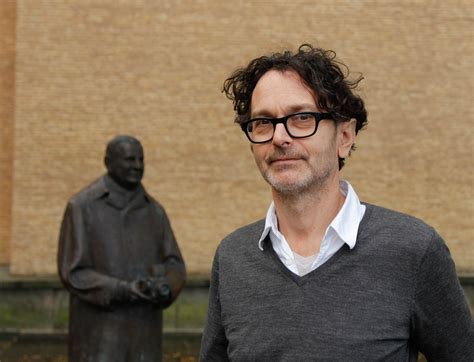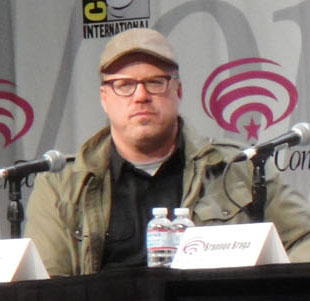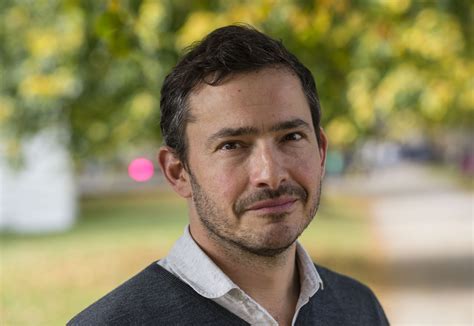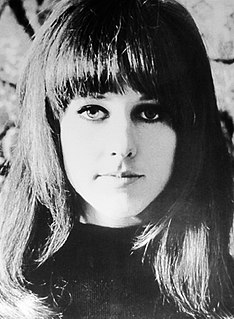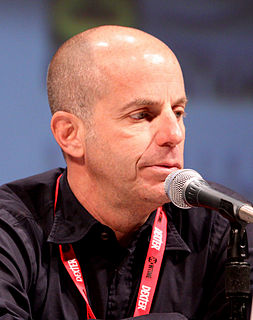A Quote by Paul Graham
I get a lot of criticism for telling founders to focus first on making something great, instead of worrying about how to make money. And yet that is exactly what Google did. And Apple, for that matter. You'd think examples like that would be enough to convince people.
Related Quotes
Apple was very close to bankruptcy and to irrelevance [but] you learn a lot about life through death, and I learnt a lot about vital corporations by experiencing a non-vital corporation. You would have thought that, when what stands between you and bankruptcy is some money, your focus would be on making some money, but that was not [Steve Jobs’] preoccupation. His observation was that the products weren’t good enough and his resolve was, we need to make better products. That stood in stark contrast to the previous attempts to turn the company around.
I'd love if Google ran my cable or phone company. Instead of making their businesses out of telling us what we can't do, GT&T would recognize the benefit of helping us do what we want to do: use the internet more and create more of our own stuff. Google might even figure out how to make connectivity ad-supported and free. Sadly, though, I think Google knows what it is and won't expand into other industries, even if it would be good at running a cable or energy or phone company.
Ideal government would be a very boring job - it would be a matter of organizing a lot of utilities and keeping the wires together and the power plant and all that kind of stuff. It's not a matter of telling people how to live, it's a matter of making it pleasant for them to live. Government should be in the position of distributing food, stuff like that.
When it comes to money, you can't win. If you focus on making it, you're materialistic. If you try to but don't make any, you're a loser. If you make a lot and keep it, you're a miser. If you make it and spend it, you're a spendthrift. If you don't care about making it, you're unambitious. If you make a lot and still have it when you die, you're a fool-for trying to take it with you. The only way to really win with money is to hold it loosely-and be generous with it to accomplish things of value.
When you think of everything in terms of just money, then almost nothing is enough. I mean, how much money is enough? Because it's hard to translate money into goods. And I think people, once, I think there's a lot things can believe, and once they start thinking about wealth in terms of money, they lose the idea of enough-ness.
I think, year in, year out, Google is starting to get worse instead of better. I think this is happening to a lot of the web companies, is as their demand to increase the payload they deliver in ads increases, they end up degrading and corrupting their own services. And you can see it with Google Maps, you can see it with Google Directions, where somehow Uber is, you know, always one of the options. And it's becoming exactly what they said was what they never wanted, which is a pay-for service where the highest bidder gets the best results.
When I said that something was going to cost a certain amount of money, I actually knew what I was talking about. The biggest problem that we were having on the financing front was people with lots of money saying "you need more money to make this film [Moon]," and us saying "no this is the first feature film we want to do it at a budget where we sort of prove ourselves at the starting end of making feature films; we can do this for $5 million." That is where the convincing part between me and Stuart came, we had to convince people with money that we could do it for that budget.
I could Google image search 'the sky' and I would probably see beautiful images to knock my socks off. But I can't Google, you know, 'What does my friend look like today?' For you to be able to take a picture of yourself that you feel good enough about to share with the world - I think that's a great thing.
